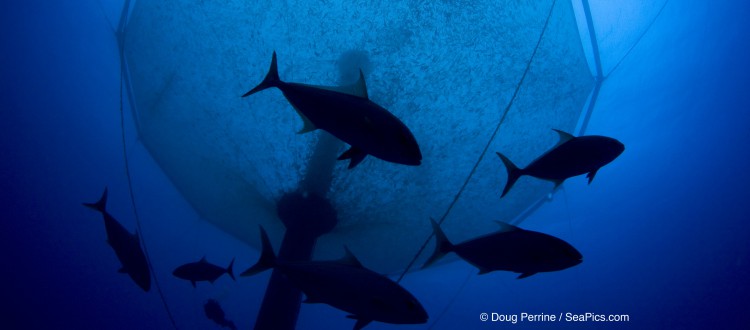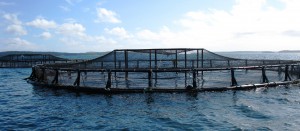
Advances in fish farming technology and management practices significantly decreased the environmental footprint and increased economic performance of aquaculture in the United States in the last forty years.
Marine aquaculture in the United States represents an opportunity to provide healthy, domestic seafood, create jobs, and contribute to coastal economies, likely supplying most of the expected increased seafood demand over the next few decades as available land and freshwater grow scarce.
While environmental concerns about the effect on water quality, seafloor degradation, the sustainability of various fish feeds, and impacts to wild populations present challenges to promoting marine aquaculture methods, the U.S. net-pen aquaculture sector addressed these issues. From research producing feeds containing less fish meal and fish oil and limiting nutrient discharge, to reducing the use of antibiotics and incidence of fish diseases that could impact the wild populations, net-pen aquaculture has become an efficient food production system.

Full details of this progress are published in the scientific journal Fisheries, by a collaboration of NCCOS, NOAA’s Office of Aquaculture, and the Northwest Fisheries Science Center. This publication is one of three NOAA-authored papers featured in the issue.
For more information, contact James.Morris@noaa.gov
